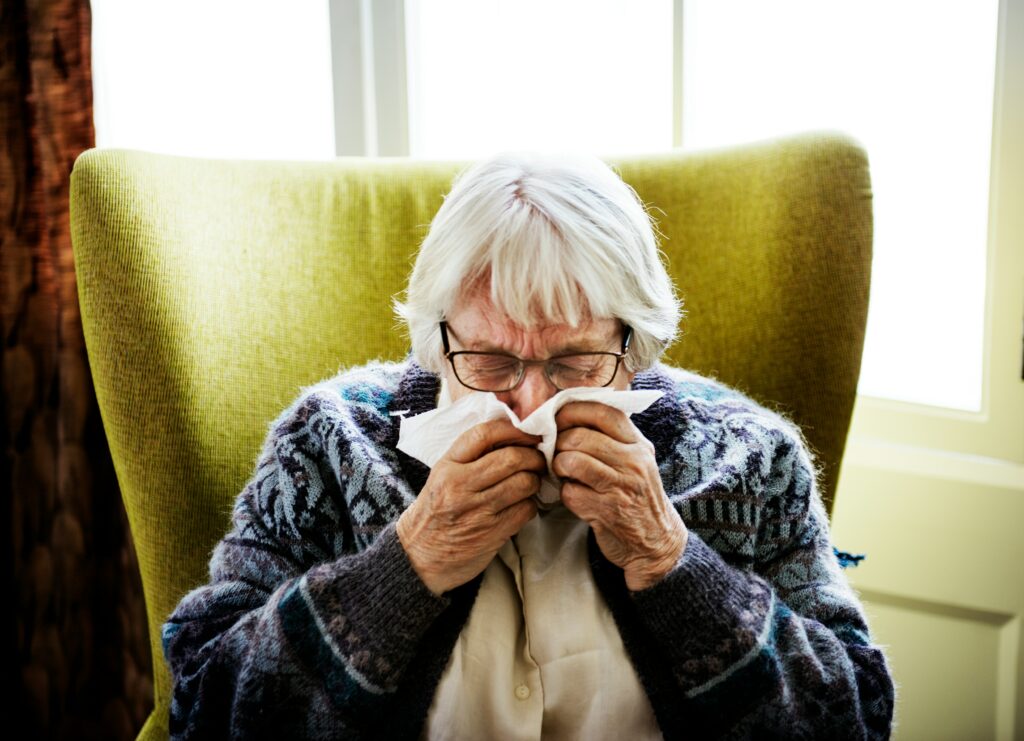
November 11th 2025
Every winter brings extra challenges for adult social care. More people need care and support, staff sickness and absence often rise, and cold weather puts extra pressure on services. Smart use of tech and data can help.
The government’s Adult Social Care Winter Letter 2025 to 2026 calls on local authorities and providers to focus on prevention, data, and technology to help people stay well and independent for longer. It highlights how digital systems, strong partnerships, and early intervention can reduce avoidable hospital admissions and improve care during winter.
Planning and prevention
The winter letter asks adult social care providers and councils to work together to identify people most at risk and put proactive support in place before a crisis happens. Digital tools can play a vital role in this.
Care planning systems, shared digital records, and real-time data dashboards can help staff spot patterns such as falls, infections, or early signs of illness. This supports the letter’s focus on using data and technology to prevent deterioration and reduce avoidable admissions.
Remote monitoring technology is increasingly being used in care settings and in people’s own homes to pick up changes in wellbeing early. Devices such as smart sensors, thermometers, or digital monitoring apps allow care staff and health partners to respond quickly when someone’s health starts to change. These approaches not only improve safety but also help people stay in familiar surroundings, reducing the need for hospital care during the busy winter period.
Communication and collaboration
When services are under pressure, clear communication matters more than ever. Secure messaging apps, shared rota systems, and video meetings can help care teams stay connected even when working across different sites.
Digital tools also help care providers, GPs, and community services share information safely and make faster decisions.
Reducing admin and saving time
Digital rostering systems can also make a big difference in winter. They allow managers to plan for short-notice absences or travel disruption caused by snow or flooding. For example, if home care staff cannot reach someone because of bad weather, a good e-rostering system makes it easier to identify other staff nearby who can step in.
Using tech to stay connected and reduce loneliness
The winter months can be isolating, especially for older people or those living alone. Technology can make a real difference here too.
Video calling tools such as Zoom or WhatsApp help people keep in touch with family and friends when it is too cold or unsafe to travel. Some home care services now support people to use tablets or voice assistants for regular check-ins or social activities.
Community organisations are also using digital platforms to match volunteers with people who want a friendly call or online chat. Smart speakers and digital assistants can offer companionship, reminders to take medication, or prompts to stay warm and hydrated.
These simple uses of technology can help reduce loneliness, boost wellbeing, and prevent small problems from becoming bigger ones. This supports the government’s winter message about prevention and early support.
Monitoring and responding to health changes early
Winter brings an increase in flu, COVID-19, and respiratory infections. Remote monitoring tools such as digital thermometers, pulse oximeters, or smart home sensors can help staff identify early signs of illness and intervene before conditions worsen.
Used alongside digital care plans, this kind of proactive monitoring supports the winter letter’s focus on prevention through better use of data and technology. It helps avoid unnecessary hospital admissions and keeps care more person-centred and responsive.
Protecting systems and data
As the winter letter notes, business continuity plans should include measures for adverse weather, power outages, and digital risks. As services rely more on technology, it is essential to make sure systems are secure, backed up, and regularly updated.
Staff should feel confident spotting phishing attempts or scams, and managers should know what to do if a system outage or cyber incident occurs. Testing your plans before winter can make all the difference when pressures hit.
Digital tools cannot remove winter pressures, but they can help providers manage them better. From early risk detection and smarter rostering to remote monitoring and social connection, technology supports safer, more resilient care for both the people who draw on care and the staff who deliver it.
View all News